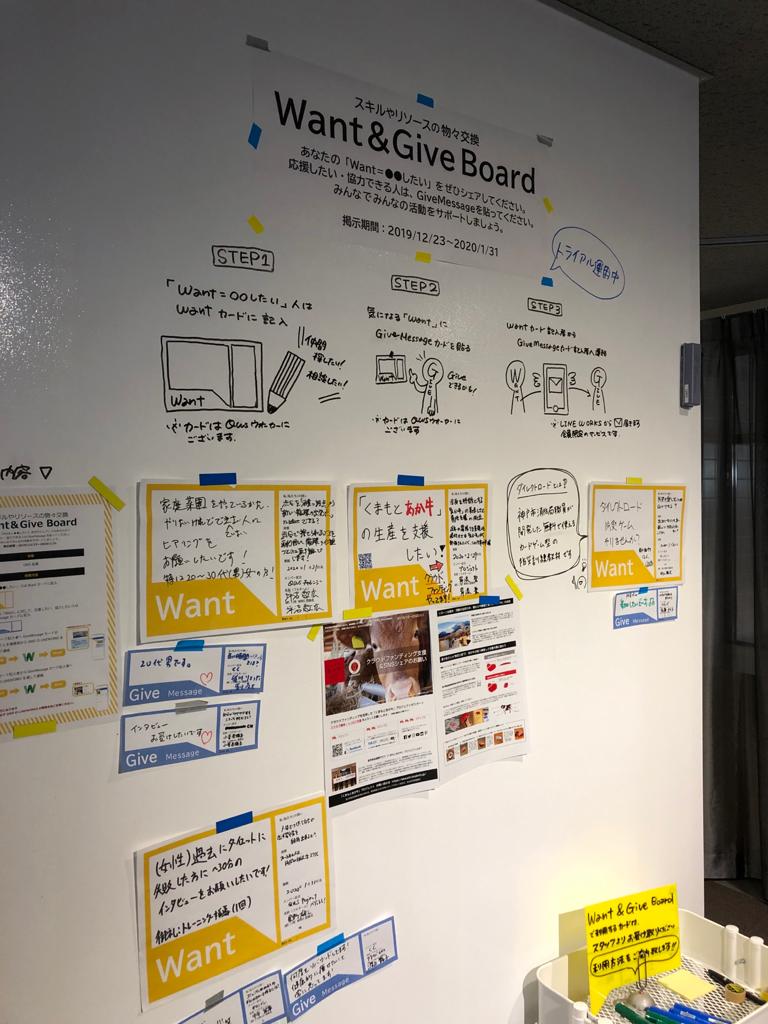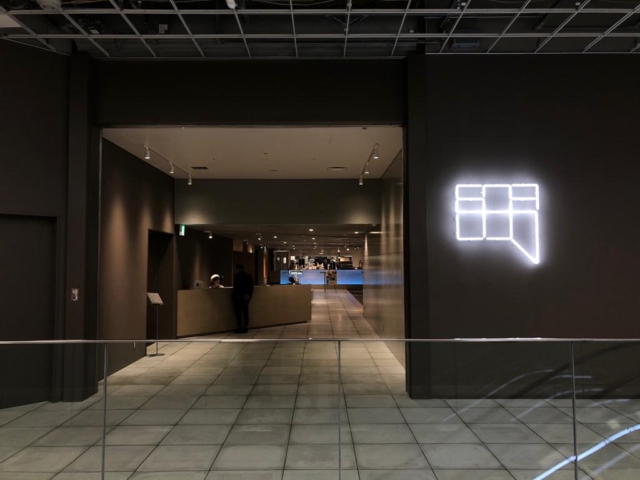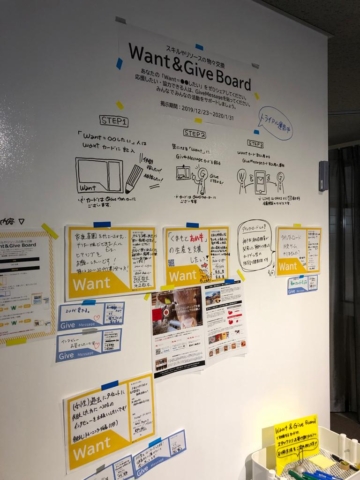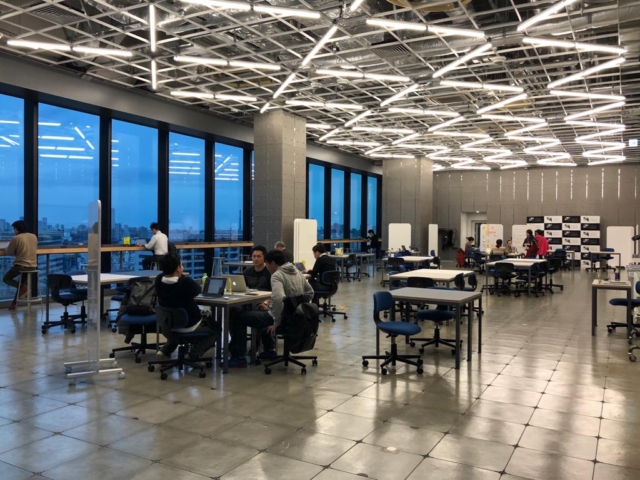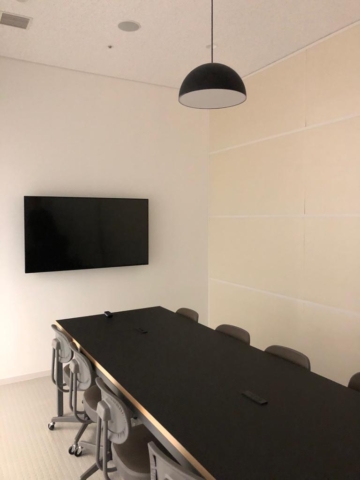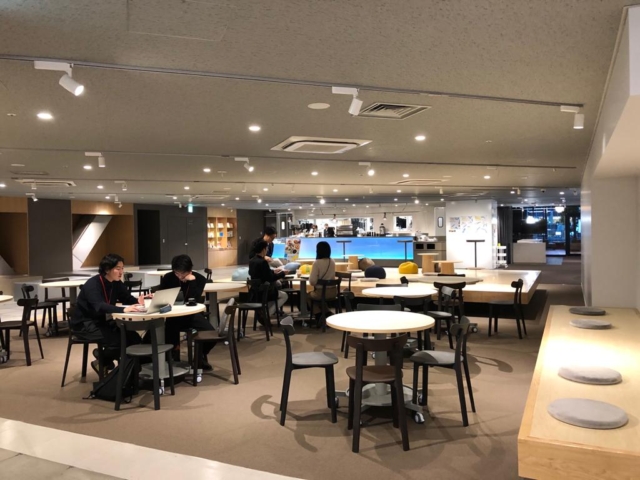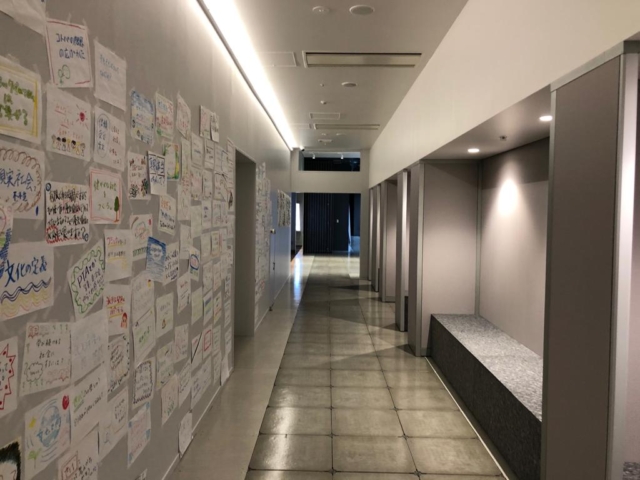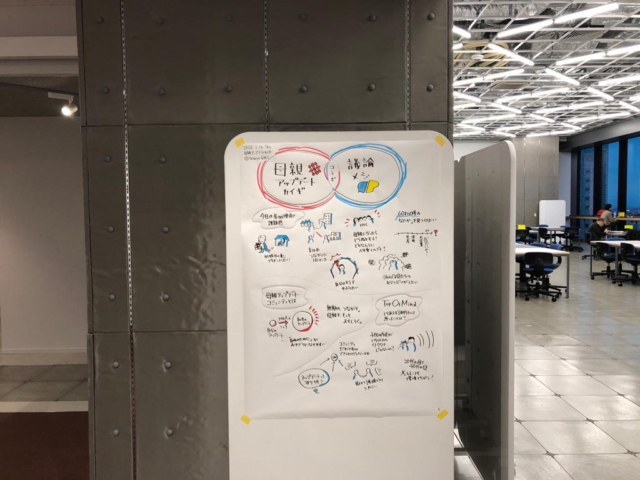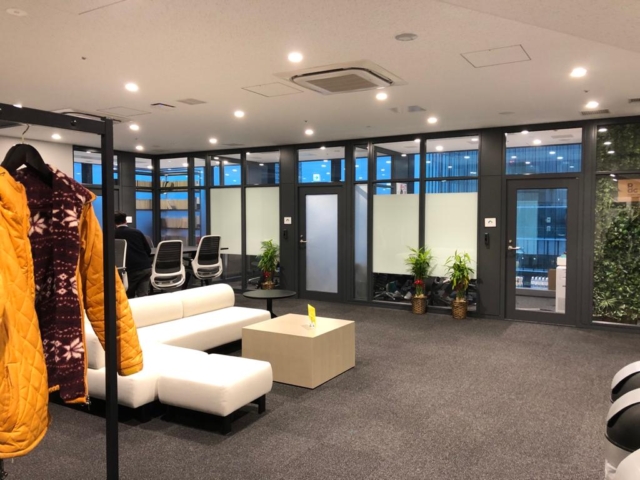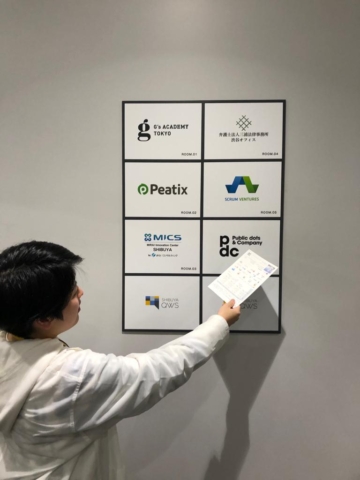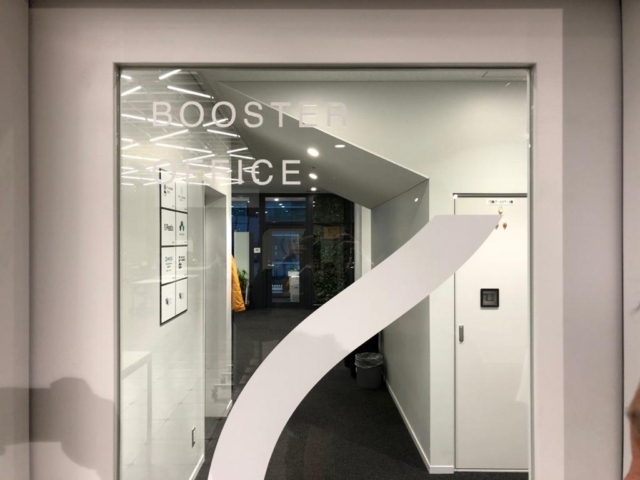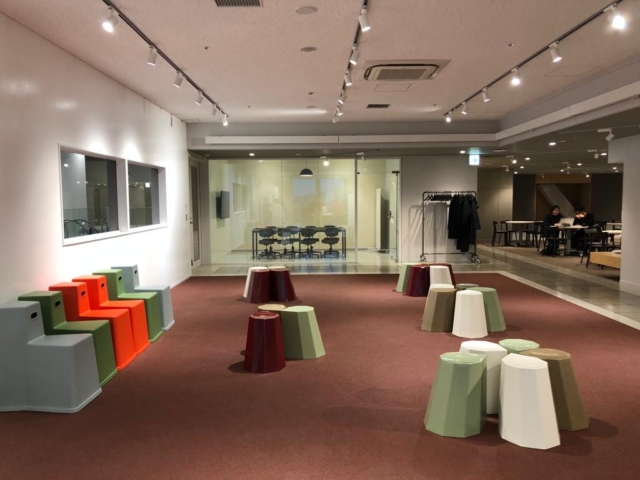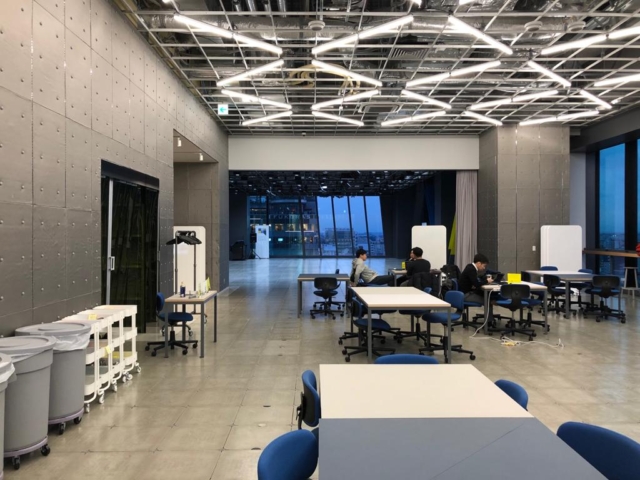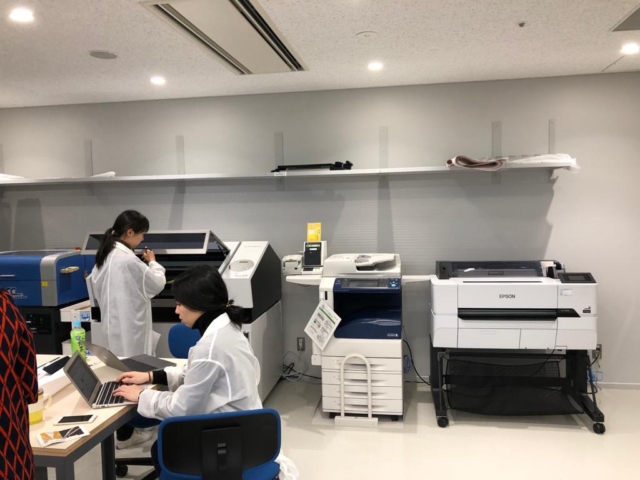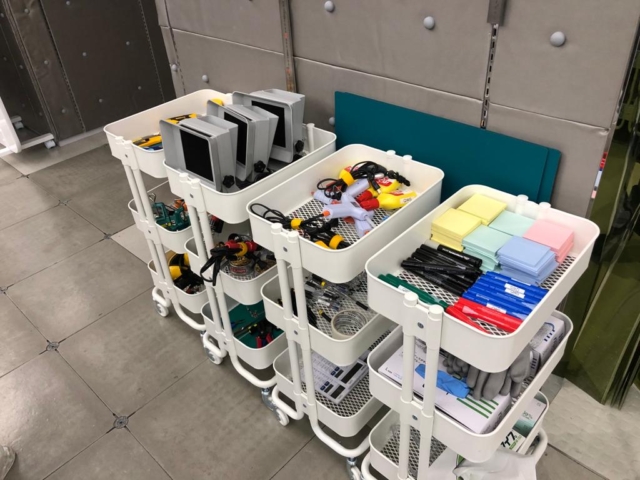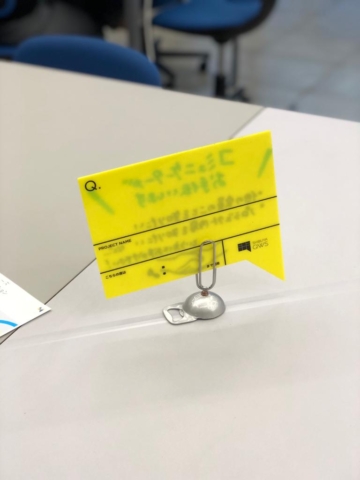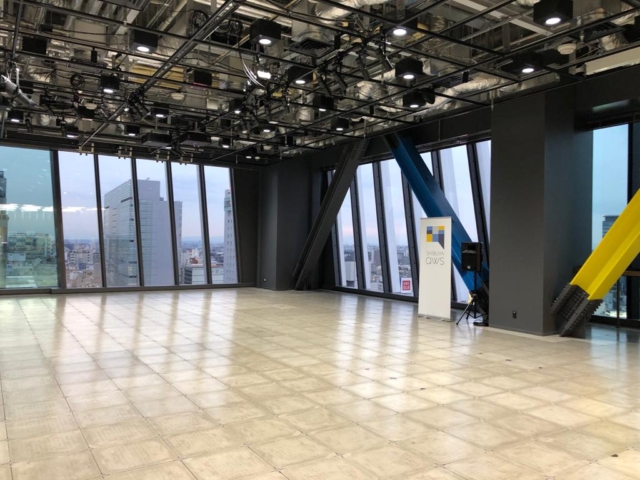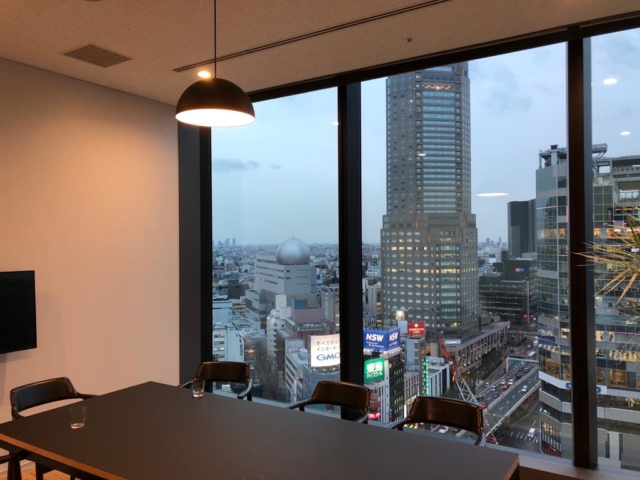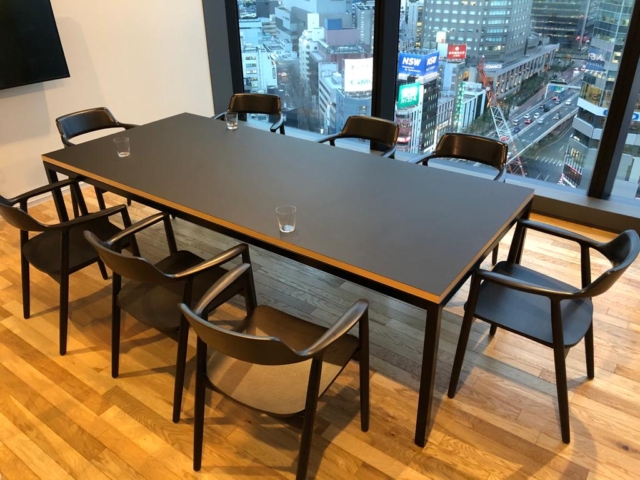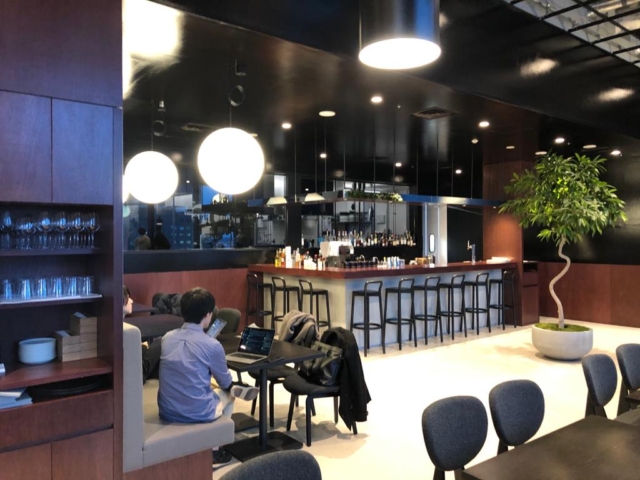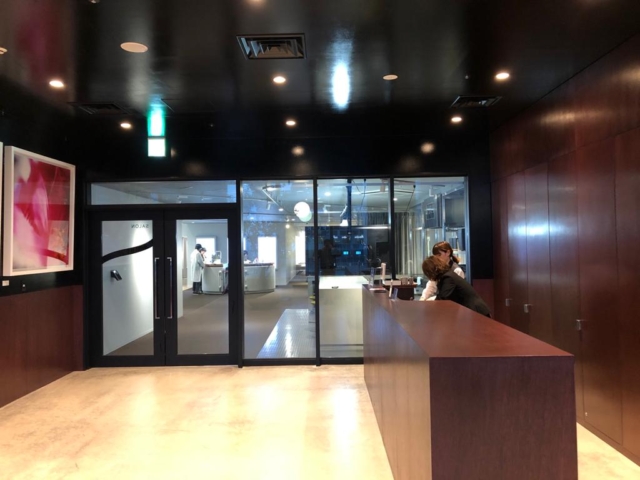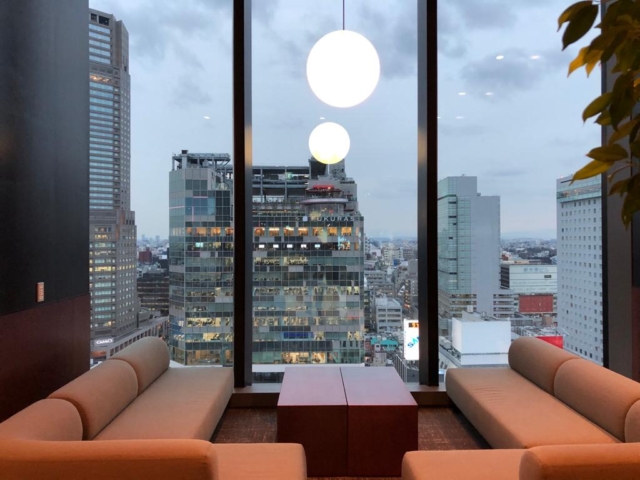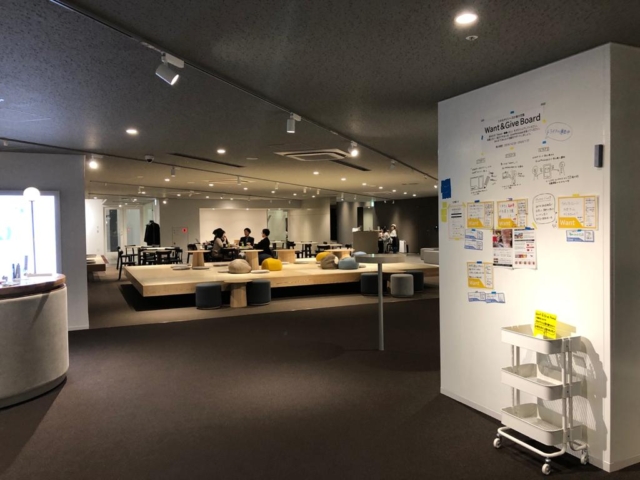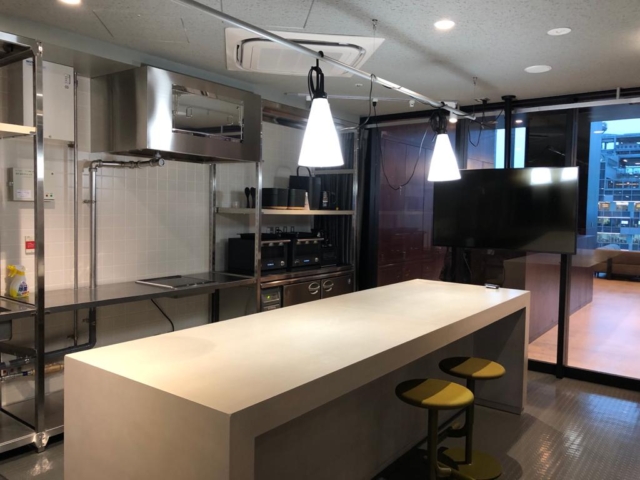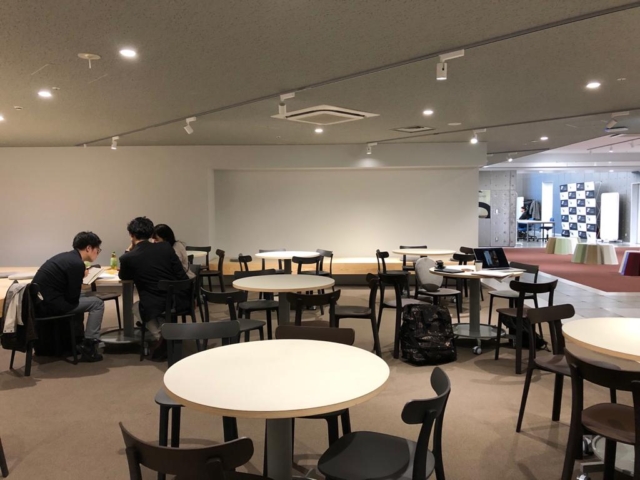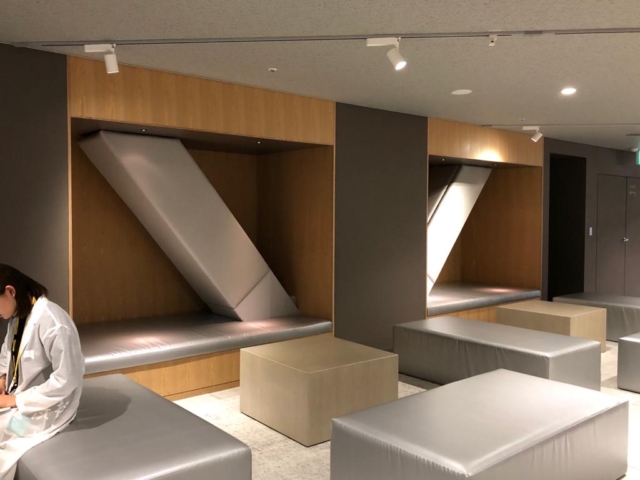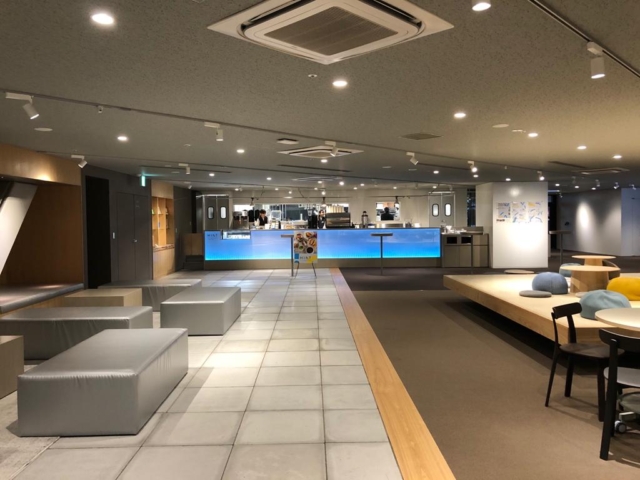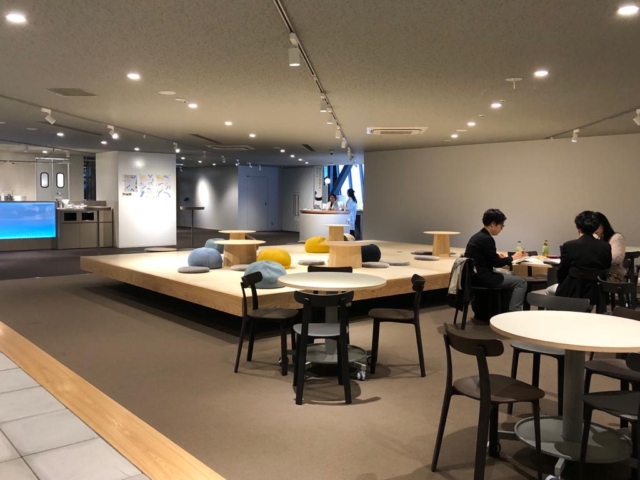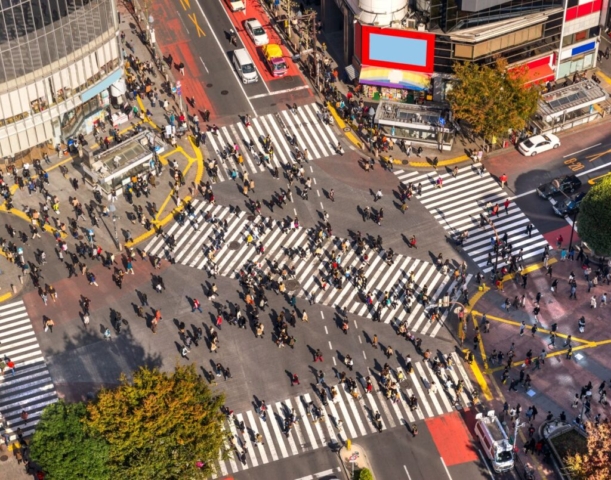21-02-20
Shibuya is the most trendy and charming shopping district of Tokyo—resembling a wave of diamonds, glittering day and night till the end of the world. Among all draws of Shibuya is her world-famous ‘Shibuya Scramble Crossing’. It is located right in front of the Shibuya Train Station and traffic lights stops regularly vehicles in 4 directions to allow thousands of pedestrians to inundate the entire intersection. Gigantic TV screens mounted powerfully on the surrounding buildings which overlook the crossing. The crossing was featured in movies such as Lost in Translation and The Fast and the Furious: Tokyo Drift. It is often compared to the Times Square intersection in New York City or crossing in front of Sogo Department Store in Causeway Bay of Hong Kong.
Shibuya Scramble Crossing gave an inspirational spark to flare up a very special and meaningful community project known as ‘Shibuya QWS’. QWS means ‘questions with sensibility’. Funded by big corporations including East Japan Railway, the organization wants to attract people from all walks of life, like thousands of those crossing the Shibuya Scramble, to team up with the co-working space in order to develop impactful projects. The projects must benefit other fellow human beings in a kind way either economically, socially or environmentally. Youth members are most welcome. The traditional idea of a ‘co-working space’ in which members just share the space as their individual offices is now exalted to a position of a ‘Co-project Space’. QWS members are requested to take part in QWS programs. They get to know each other, explore questions together, think critically and ultimately create meaningful projects towards a common goal. I asked them how much it costed to be a member. Surprisingly, the monthly fee was only around US$400. I wondered what projects had been in progress. They told me although the space was new, there were already a few projects concerning agricultural and environmental missions.
Co-working spaces in which people, not known to each other merely share an office in order to save costs through the use of common equipment, pantry and meeting rooms, are getting out of date. The value added by these spaces are considered not good enough. In Hong Kong, co-working spaces are becoming unattractive and some may be closed down.
Shibuya QWS, with its rejuvenating notion of a ‘co-project space’, is a star descending onto the 15th floor of the latest Tokyo skyscraper Shibuya Scramble Square, right on top of the train station. Apart from its positive vibes of members ‘co-projecting’, the other great thing about the space is its spirit that the resourceful should lead the ‘resourceless’ to dream with a deep pocket of ideas and later sensibly turn their dreams into reality. Shibuya QWS also sets up a Booster Office and it consists of professional experts such as law firm, marketing consultant, venture capital company and innovation centre ready to support the members. They have also got a star-studded line-up of helpful academic advisors including great universities in Japan such as The University of Tokyo and Waseda University.
It is said the rich are not benevolent and the benevolent are not rich. It may not be true. Some rich corporations, whether as a result of social pressure or not, have done a lot to discharge their ‘corporate social responsibility’. The recent trends are impact investments and ESG programs. Impact investing refers to investments, in spite of a financial return, are also able to generate a beneficial social or environmental impact (such as a fishery improvement project). Credit rating agencies encourage corporations to execute long-term ESG programs which target at environmental, social and governance issues (such as child labour).
In the past business world, winners take all but now all great things have to be ‘co-shared’. Conception of what constitutes good capitalism has changed significantly. Economists in the 21st century are trying to examine how capitalism, equality and social justice can co-exist. Co-project spaces can be a wonderful sub-structure which the super-structure of a fairer and better society can be built upon.
This article can also be found at the following sites:




